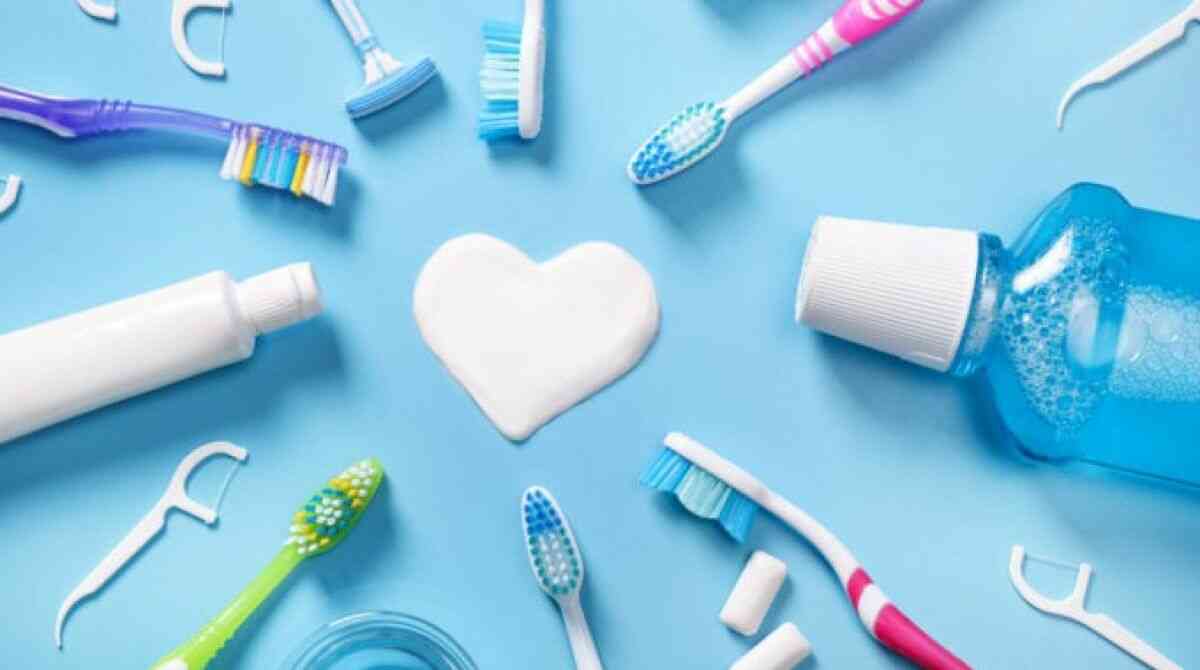6 Common Myths About Tooth Brushing That Should Be Addressed
- - Category: Dental Care
- - 15 Feb, 2022
- - Views: 784
- Save

Tooth brushing is an essential part of good oral care.
Tooth brushing is an essential part of good oral care. However, many people still don’t know how to brush their teeth properly or even overdo it with tooth brushing. There are a lot of misconceptions about tooth brushing that can affect your oral health. In this article, we have gathered six common myths about tooth brushing that should be addressed.
1. You can brush your teeth once a day
It is essential to understand that your mouth is full of bacteria that can cause a lot of oral issues if you don’t remove them regularly. Indeed, it is better to brush your teeth once a day rather than not brush them at all. But dentists recommend brushing your teeth in the morning before meals and after meals. You should also brush your teeth for two-three minutes and use a toothbrush with soft bristles in order not to scratch your tooth enamel.
2. Chewing gum can replace tooth brushing
Gum chewing is not a substitute for tooth brushing. Some chewing gums can help you keep your teeth clean and your breath fresh, and some dentists even advocate for sugar-free kinds of gum instead of sweets. However, while certain chewing gums can help with oral health, they aren't quite up to the task of replacing cleaning your teeth.
3. Tooth brushing doesn’t remove plaque between the teeth
Tooth brushing is ineffective in cleaning the areas between your teeth, which are the source of the majority of dental issues. Brushing cleans the front, back, and tops of your teeth, but it can't reach the surfaces in between them. Dental floss and proxy brushes are useful tools in this situation. The majority of people suffer from dental problems as a result of a lack of flossing between their teeth.
4. The harder your brush your teeth, the cleaner they are
Many people think that they should brush their teeth hard to remove all the food particles and bacteria. But the reality is that aggressive tooth brushing can cause gum damage and enamel wear. When your tooth enamel becomes too thin, your gums can bleed and your teeth can become sensitive, chipped, and discolored. In this case, you may need to undergo dental bonding or cover the damaged tooth with a dental crown to reduce tooth sensitivity and prevent further damage.
5. Thorough tooth brushing prevents all the oral issues
Indeed, tooth brushing plays an important part in preventing many oral issues like tooth decay, gum disease, and tartar accumulation. But you should understand that even the most thorough tooth brushing can’t save you from all the oral issues and regular dental exams. This is because there are a lot of factors (like your diet, heredity, bad habits, accidents, etc.) that can also promote the development of dental issues.
6. You should rinse your mouth after tooth brushing
Many people think that rinsing their teeth after brushing is essential. But the truth is that you don't even need to rinse after brushing. It removes the fluoride from your toothpaste, which is supposed to stay on your teeth. You just need to spit out the foam from your mouth. There's no need to gargle or rinse toothpaste from your mouth thoroughly.
The bottom line
If you want to know more about proper tooth brushing and flossing or need help while choosing toothpaste, you can contact a dentist and ask for help. Proper oral hygiene depends on your desire to have healthy teeth and gums, but you should also pay attention to your diet and visit a dentist on a regular basis.

